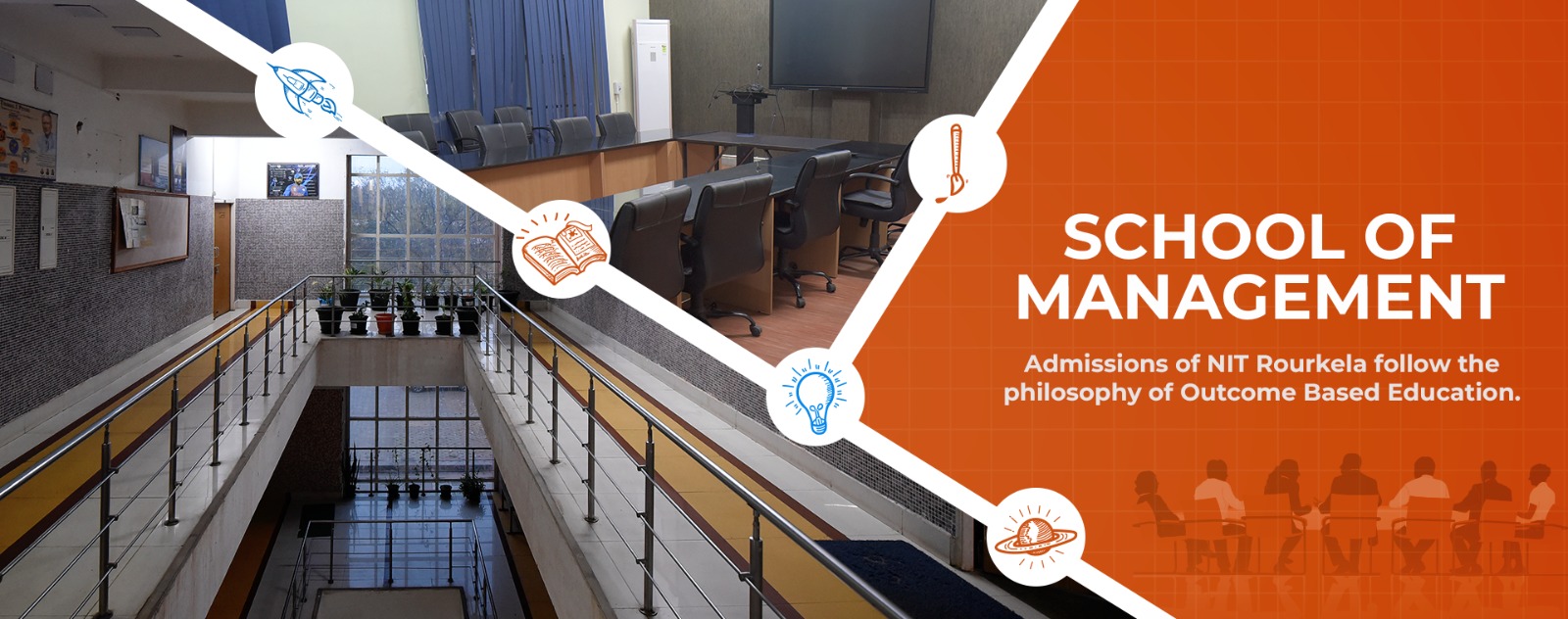Seminar Details
In the rhythm of dynamism and frugal innovation, the healthcare industry and health outcomes are rapidly converging on a &lsquoconsumer-centric&rsquo mode of service operations. The increasing competition in the private healthcare sector and ever-changing consumer expectations have heightened the responsibilities of healthcare managers to provide effective and satisfactory and. Policymakers have consistently sought innovative strategies to reduce perceptual gaps and enhance the quality of care of healthcare services. This led to the emergence of &lsquoConsumer Experience&rsquo as an innovative metric for assessing modern service quality. Similarly, &lsquoCustomer Engagement&rsquo is understood as a process that adds value to an organization through both direct and indirect contributions from customers. It is considered a multi-faceted and complicated experience that cannot be reduced to a simple assessment of a consumer&rsquos capacity to follow organizational instructions. The aim is to make consumers more responsible, accountable, and empowered to optimize their healthcare outcomes and experiences. Recently, consumer roles have undergone prolific changes. These changes can be partially attributed to the rise in disposable income of middle-class consumers, increased healthcare awareness/literacy, and usage of digital health platforms. There have been ongoing discussions about the efficacy and implementation of experience measures in appraising value-based care and participatory practices. However, a clear understanding of the impact of consumer experiences is impeded due to its conceptual nascency and limited organizational strategy. This study investigates the intricate relationships between consumer experience, engagement, satisfaction, and behavioral intention within healthcare services, with a specific focus on the mediating role of consumer satisfaction between engagement and behavioral intention. To empirically validate the proposed conceptual associations, Partial Least Squares Structural Equation Modeling (PLS-SEM) was employed. Additionally, the study utilized the Fuzzy-TOPSIS method to prioritize and evaluate the performance of various dimensions of consumer experience. The results revealed that consumer engagement significantly influences behavioral intention, with consumer satisfaction serving as a crucial mediator in this relationship. As for implications, the study will be helpful for managers and policymakers to identify the strengths and weaknesses of various clinical touchpoints deployed across the healthcare continuum.
Keywords: Consumer experience, Consumer engagement, Consumer satisfaction, Behavioural Intentions, Indian Private Healthcare, PLS-SEM, Fuzzy-TOPSIS



